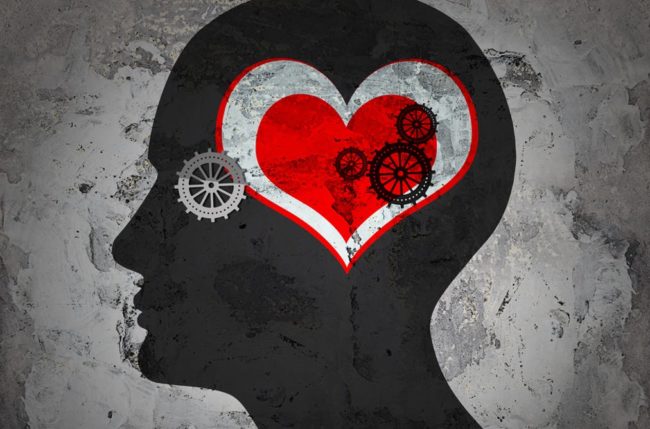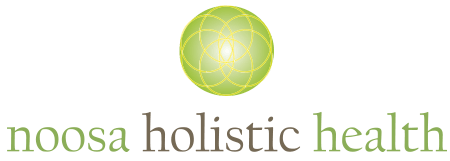Have you ever reacted to a family member or child and then said to yourself, ”Oh boy I’m sounding just like my Mum/Dad or I’m parenting like I was parented and I don’t want to be like this?”It has been said that the first 7 years of our life are the most impressionable- we absorb and mimic patterns, beliefs and behaviours from the influential people around us- e.g our parents, siblings and grandparents.
It has been said that the first 7 years of our life are the most impressionable- we absorb and mimic patterns, beliefs and behaviours from the influential people around us- e.g our parents siblings and grand parents.

The environment we grow up can have a massive impact on who we are and become, especially in stressful and emotionally demanding situations. As adults, family gatherings often spark un-resolved sub-conscious issues and trigger past wounds.
Under pressure we often react in an inflammatory way and then criticise and judge ourselves or others, while not knowing how to change the reactive pattern. It’s like an auto-pilot kicks in and we become the very thing we don’t want to become. Once the auto-pilot activates we go into mimicking what we experienced as a child.
Emotional intelligence is the ability to develop awareness of our patterns, not judge them and have tools available to learn a new way of being. With the awareness of a different outcome being possible and with the electrical charge dissipated (that is created when we react) we can respond in a constructive manner, building and cultivating healthy respectful relationships.
Children especially, are very perceptive of our body language and energy and anticipate/read these signals. When we learn how to communicate in a clear and consistent way, by being emotionally intelligent, we create a foundation for the child to build confidence and trust. How we communicate with them and other people sends messages to them about their sense of value and safety to openly express and be heard. Learning to listen to and validate your child’s point of view allows them to become honouring of how they are feeling.
The art of being and listening.
A lot of us are driven by the unconscious need to fix a perceived problem, take the pain away, solve the issue and jump in – offering advice that is often not asked for.
Ask yourself, “What does this person require of me right now? What contribution can I be for them? You can ask them a question like “What is it you require of me here? What can I be for you?
A question empowers them to be with whatever is going on for them. You being present and asking a simple question empowers you to stay present and change any pattern you go into ie jumping in to fix the issue. By asking these questions you give them space to be with the situation and they learn to connect with and ask for whatever it is they truly require. This is the ability to respond which over-rides the reactivity.
Sometimes being an ear and creating the space for someone to talk is exactly what is required to facilitate change in a situation. Listening without any need to do anything can feel foreign to those who love to help – as well-meaning as it may be – it can be dishonouring and disempowering to the other.Asking questions empowers others, giving an answer often dis-empowers. So would you choose to empower those you care for or enable old patterns?Viv Adcock, Facilitator will be giving a Talk on the Open Day at NHH and is available for private sessions at NHH.
Viv Adcock, Facilitator will be giving a Talk on the Open Day at Noosa Holistic Health and is available for private sessions at Noosa Holistic Health.




Leave A Comment